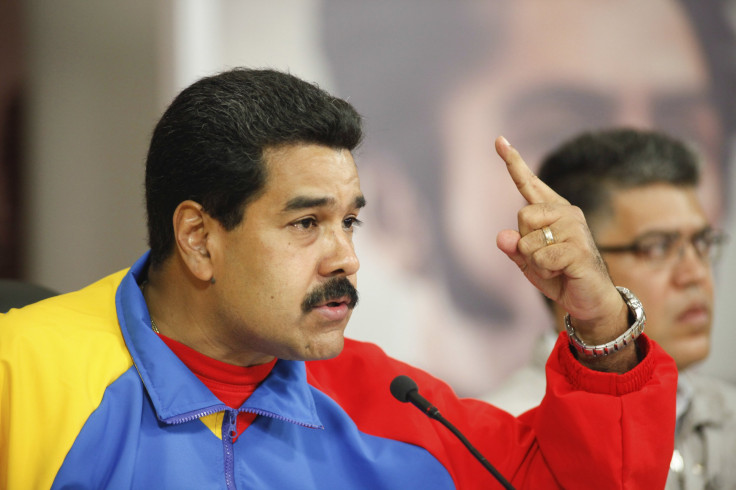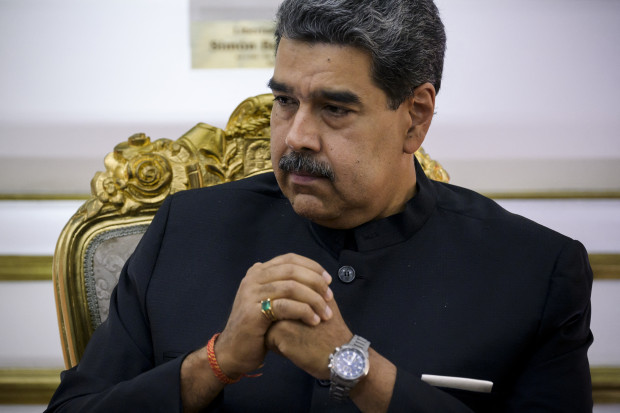
The New York Times published an op-ed on Tuesday from Venezuelan President Nicolás Maduro in which Maduro defended the state of democracy in his country and called for “dialogue and diplomacy” between his government and the opposition, while contesting characterizations in the American media of protestors as “peaceful”. While acknowledging “serious economic challenges” like inflation (which from February 2013-14 soared over 57%) and shortages of basic goods (like toilet paper and milk), Maduro accused protestors of seeking “a single goal: the unconstitutional ouster of the democratically elected government”.
“Those with legitimate criticisms of economic conditions or the crime rate are being exploited by protest leaders with a violent, antidemocratic agenda,” he wrote, after accusing protestors (who have tended to come from the middle- and upper-classes) of seeking “to reverse the gains of the democratic process that have benefited the vast majority of the people.” Those gains made under late president Hugo Chavez, Maduro argued, resulted in a drastic boost in the standard of living for most Venezuelans. “It now has the lowest income inequality in the region,” he wrote. “We have reduced poverty enormously — to 25.4 percent in 2012, on the World Bank’s data, from 49 percent in 1998; in the same period, according to government statistics, extreme poverty diminished to 6 percent from 21 percent.”
Though he made no explicit reference to opposition leaders who have paid a heavy price from their hand in organizing protests – like Leopoldo López, who remains detained as he waits to face charges of arson and inciting violence; Daniel Ceballos, a mayor who has just begun a 12-month sentence for refusing to clear roads in his city of opposition barricades; or María Corina Machado, who has lost her seat in the National Assembly for accepting Panama’s offer to denounce Maduro’s government before the OAS – he made a veiled reference to Machado and López’s support for a 2002 coup which knocked Maduro’s predecessor from power.
Debates over the nature of the protests in Venezuela has played out at times in the pages of the New York Times itself. An article published in mid-March suggested that Maduro had adopted a stance toward protestors which combined “an image of openness and inclusion, while simultaneously cracking down” with what the UN has called “excessive force”.
© 2025 Latin Times. All rights reserved. Do not reproduce without permission.





